With news of the upcoming HD BioShock: The Collection hitting current-gen consoles on September 13th, my imagination swiftly returned to the unparalleled atmosphere of Rapture — the setting for the first two games. This underwater city that imploded from utopia to dystopia is one of the most memorable landscapes in video games.
When BioShock came out in 2007 I was 15 and the game’s promotional material — heavily featuring the iconic Big Daddies with their huge drills — honestly terrified me. All I saw was gruesome horror that I didn’t have the guts nor basic desire to play, and so I overlooked the game. It was only in early 2016 that I finally got around to playing BioShock, and lo and behold, I became hooked.
BioShock achieves the heights of philosophical and social critique that made classic dystopian fiction such as Orwell’s 1984 so successful, and in the same way manages to transcend time to feel just as relevant today as when it came out almost a decade ago.
Thinking about the game in the context of current events, I began to notice interesting parallels to the UK’s recent political upheaval in the EU Referendum and the Brexit campaign.
It’s always dangerous to venture into politics; where emotions run high and opinions differ greatly. But that’s exactly where we’re headed, so be forewarned of contestable opinion and major spoilers for the entirety of BioShock throughout this article.
BioShock imagined an underwater city torn apart from within, prowled by deformed Splicers and left to decay beneath the sea. Apart from the dramatic apocalyptic warnings made by both sides of the EU Referendum campaign, none of this sounds too relatable to Brexit, right? Well, let’s look a little closer.
Rapture’s Vision
“No Gods or Kings. Only Man.” Devised by Andrew Ryan, Rapture was founded as a safe haven. But a haven from what? Ryan envisioned Rapture to be a place free from the constraints of bureaucracy, government control and religion that he witnessed in both Soviet Russia and the USA.
One of the major arguments of the Leave campaign was that the heavy bureaucracy and regulations of the EU were damaging and constraining Britain’s economic growth and autonomy. Like Ryan in the face of increasing economic government control in post-1929 America, the Leavers sought an escape from what they saw as suffocating bureaucratic domination.
For many anti-Brexit opponents, this was emblematic of an isolationist policy for withdrawing Britain from the world stage. And you know what else smacks of isolationism? Building a secret city under the sea!
Andrew Ryan = David Cameron
Both the founder of Rapture and the British Prime Minister set in motion a plan that rapidly spiraled out of control and came back to bite them. Andrew Ryan began an extreme right wing capitalist society where selfishness was seen as paramount to the advancement of the economy and subsequently of humanity. Each egocentric individual pursuing their own happiness was to be a driving link in the “Great Chain” of industry that could not be controlled by governments or rulers.
However this very ideology of a completely free market would be the source of Ryan’s downfall. In the wake of increased business monopolies exerting power and smuggling rings forging contacts with the outside world, Ryan felt that the only way to protect Rapture was to cut off these contraband sources and place restrictions upon certain businesses that had gathered too much government-like influence for themselves.
This is the great paradox of BioShock. Ryan found himself forced to become a tyrant — acting against the very ideals he’d promoted — in order to prevent the tyranny of business monopolies that those ideals facilitated in the first place.
Meanwhile in the hopes of uniting his divided Conservative party, solidifying his power and drawing more support from voters, David Cameron instigated a referendum on Britain’s place in the European Union. It was a choice that many Brits believe should not have even been brought to the table in the first place, and public sentiment turned out to be much less predictable than he might have expected.
In both cases the original plan was ill-conceived and poorly executed, leading to the inevitable downfall of its leader.
Boris Shrugged
If Andrew Ryan is David Cameron, then Atlas (Frank Fontaine) bears many similarities to Brexit “Leave” campaigner Boris Johnson. Atlas is a man whose intelligence, selfishness and true agenda are expertly hidden behind a constructed persona that endears and disarms the public.
In Rapture’s objectivist free market society, more and more people found themselves destitute and disenfranchised — alienated from Ryan’s “Great Chain” ideal and promises of utopia by their very real poverty. In Britain, it’s clear that the working classes similarly felt betrayed by their leaders whose lofty policies showed them to be out of touch with the people.
Atlas stirred unrest in this volatile community, playing on the people’s anger at the way things were currently being run, in order to make a power play for himself. Throughout the game Atlas manipulates the player into believing his rhetoric and ultimately orchestrates the downfall of his nemesis, Andrew Ryan. Of course as soon as his opponent is deposed, Atlas’s mask is lifted and we realize the extent of his nefariousness in one of the most memorable plot twists in video game history.
This is the way that many people see both Boris and then-UKIP leader Nigel Farage: making false promises and claims (such as the £350 million NHS fiasco) to gain support and win the referendum. As soon as Brexit was actually achieved, the curtain lifted and the untenable nature of these claims fell into sharp focus.
Much like Atlas, Boris Johnson didn’t last long in the top leadership position after his opposition was defeated. Where Atlas was killed by his enlightened slave, Boris was undermined by his apparent ally Michael Gove.
It’s All In The Slogan!
Catchy phrases and slogans have long been used to persuade and influence people in all walks of life, from politics to commercial advertising, and they’ve been proven to be very effective at doing just that.
It’s no wonder then that slogans such as Brexit’s “Take Back Control” and Remain’s “Stronger In Europe” took center stage in debates, speeches and advertising throughout the Referendum campaigns.
In Atlas’s case this influence is extremely literal: the very words “would you kindly” are a psychological trigger through which to control the protagonist and force him into performing whatever task he’s given. This exaggerated manipulation could be taken as a commentary upon the power of political slogans in real life.
Scary Similarities
Of course the analogy’s not perfect. After all this is a game with heavy steampunk and horror influences where the use of superpower-like plasmids is core to the gameplay. But essentially, BioShock represents so many classic political ideologies and established political practices that we can always draw parallels to numerous current examples. That very flexibility is testament to the philosophical and narrative feats of BioShock and writer Ken Levine.
Now what’s all this talk about Donald Trump?
Image Sources
David Cameron:
http://i.telegraph.co.uk/multimedia/archive/01635/david-cameron_1635080i.jpg
Boris Johnson: https://upload.wikimedia.org/wikipedia/commons/c/c4/Boris_Johnson_July_2016.jpg
Take Back Control:
http://www.knownothingenquirer.com/wp-content/uploads/2016/05/boris-car-1024×908.jpg
Would You Kindly:

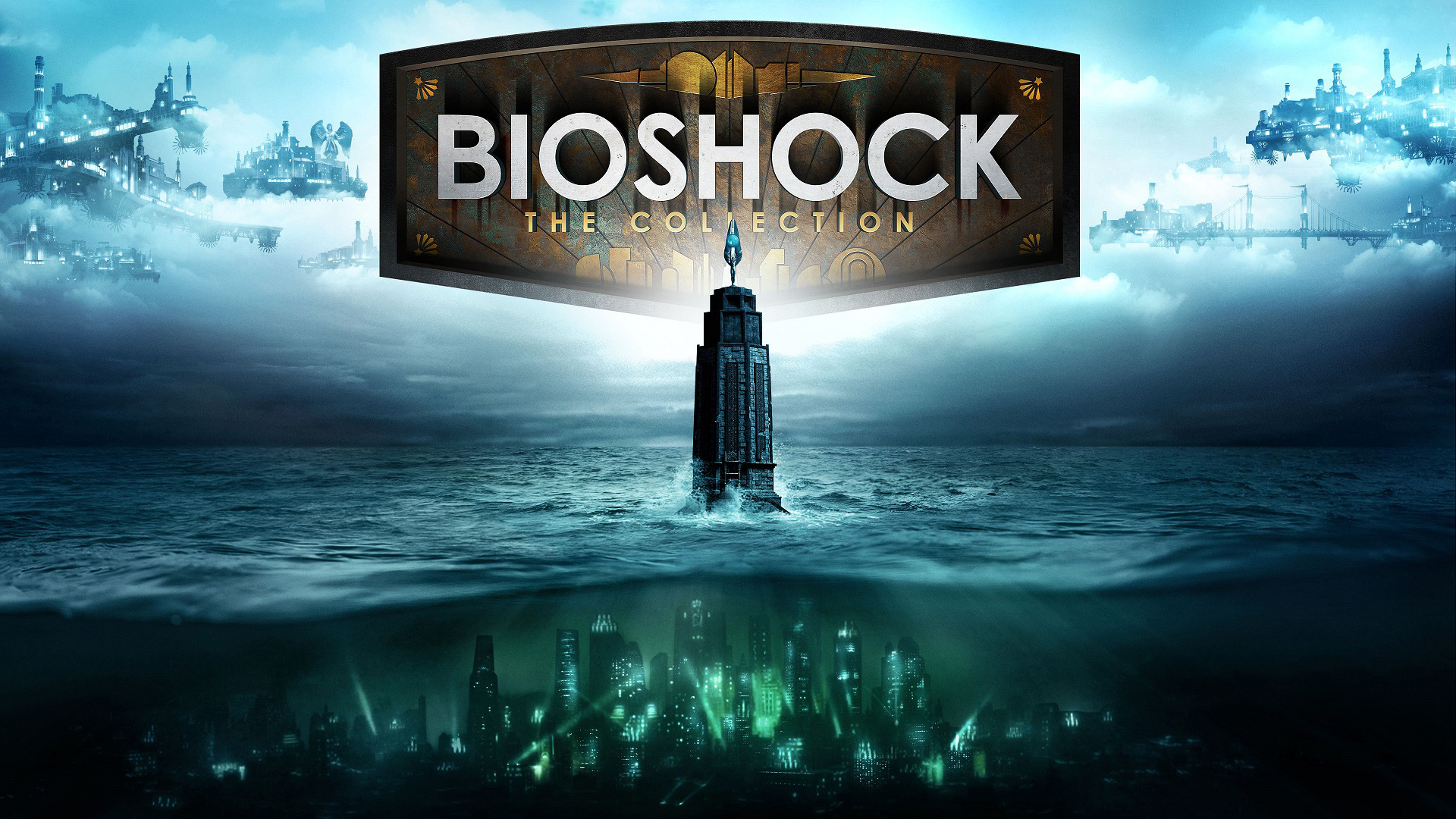
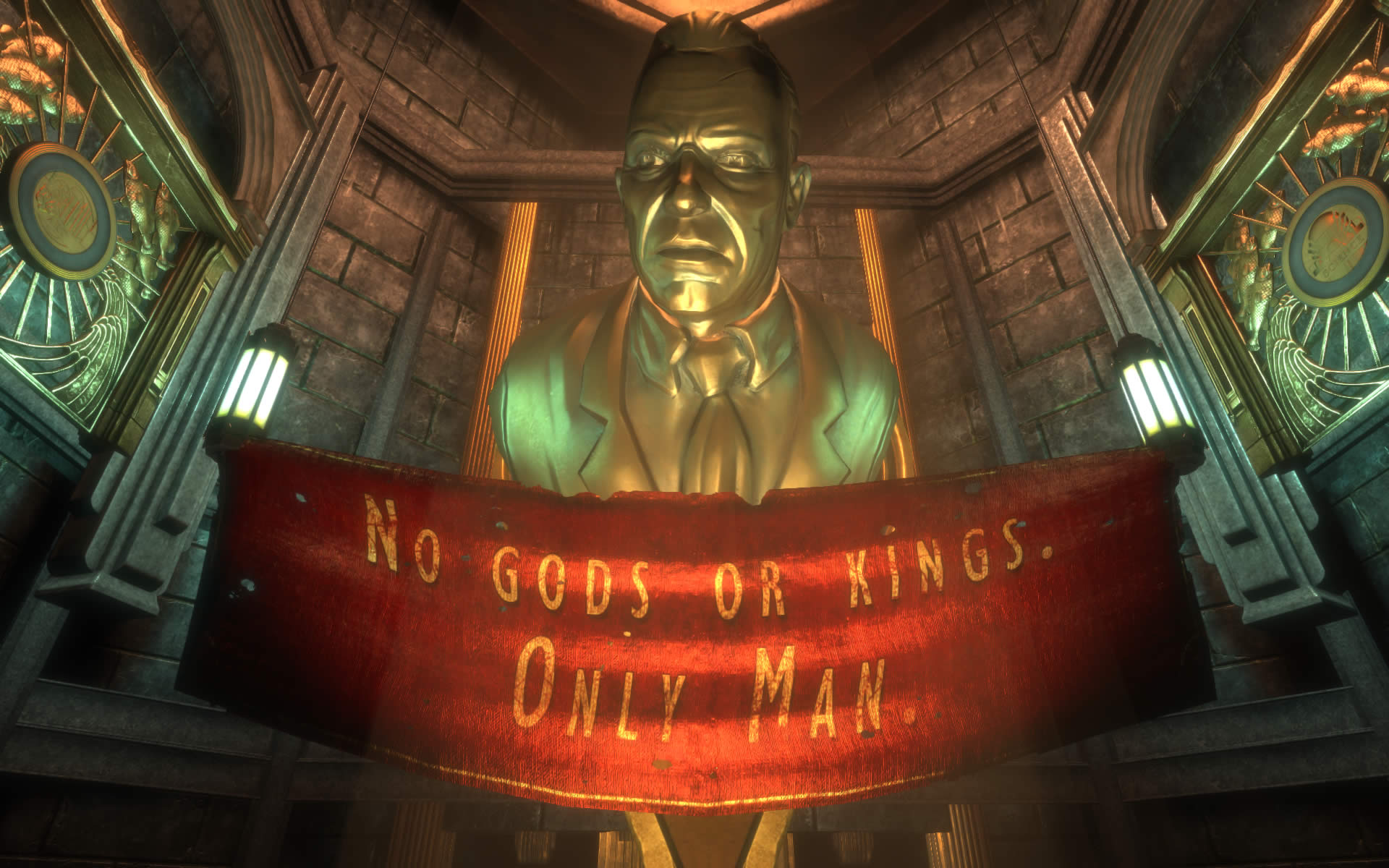
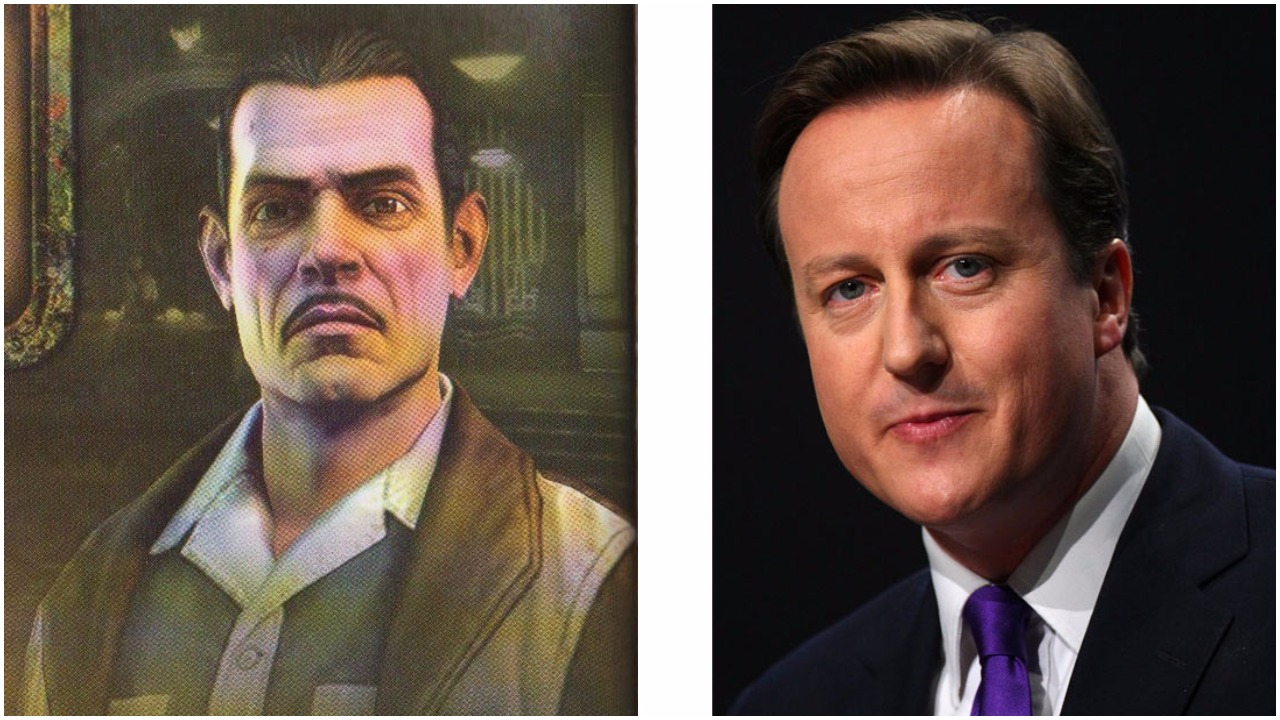
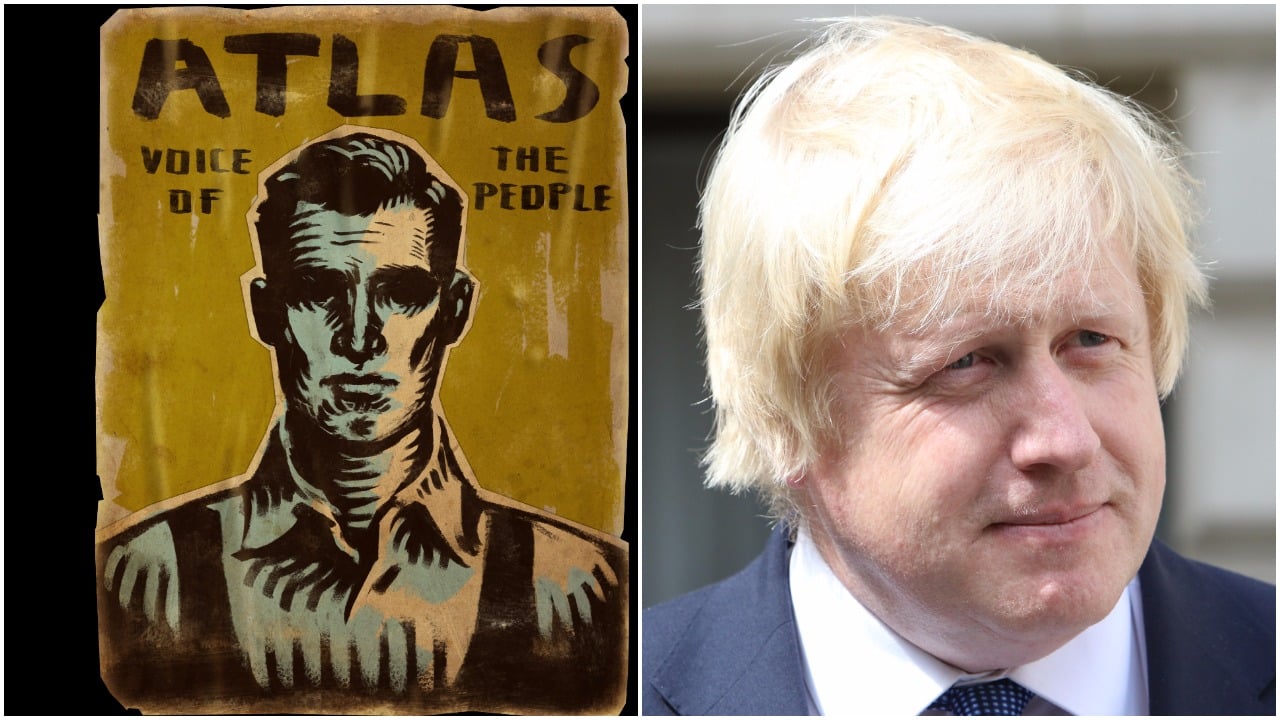
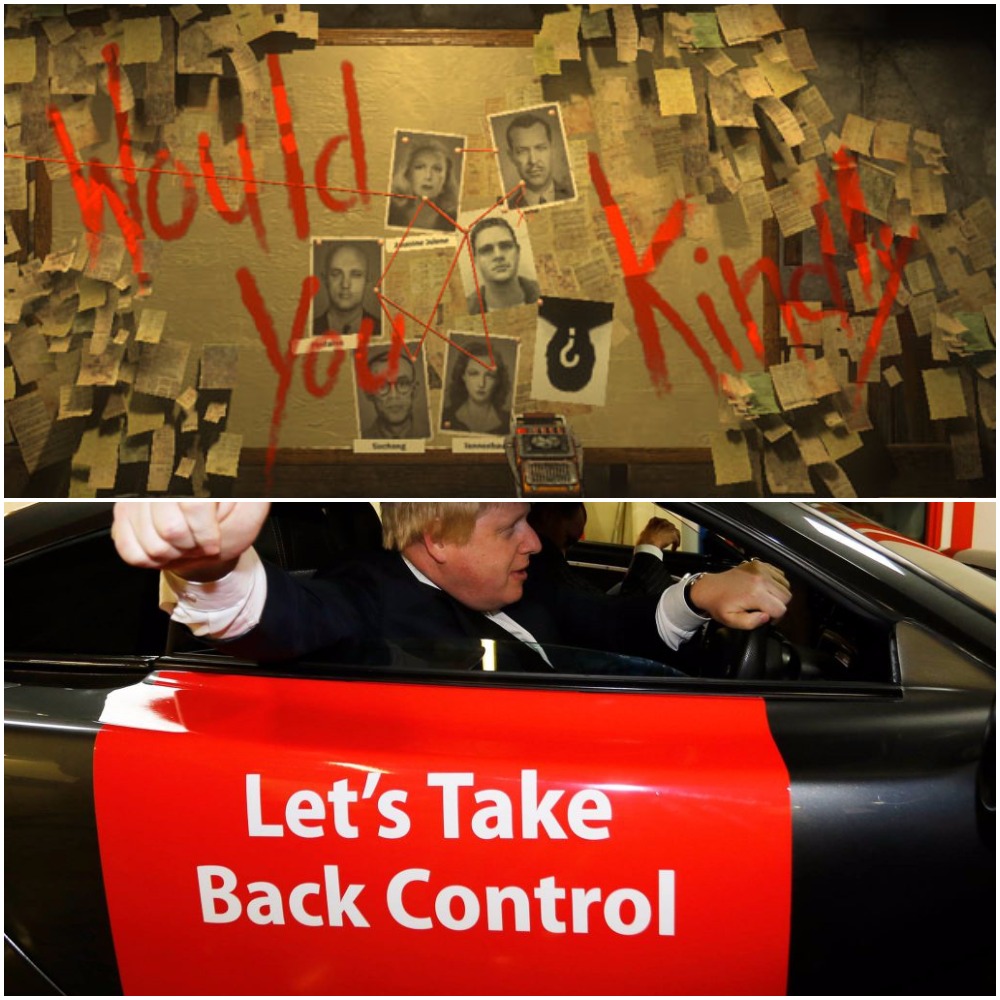
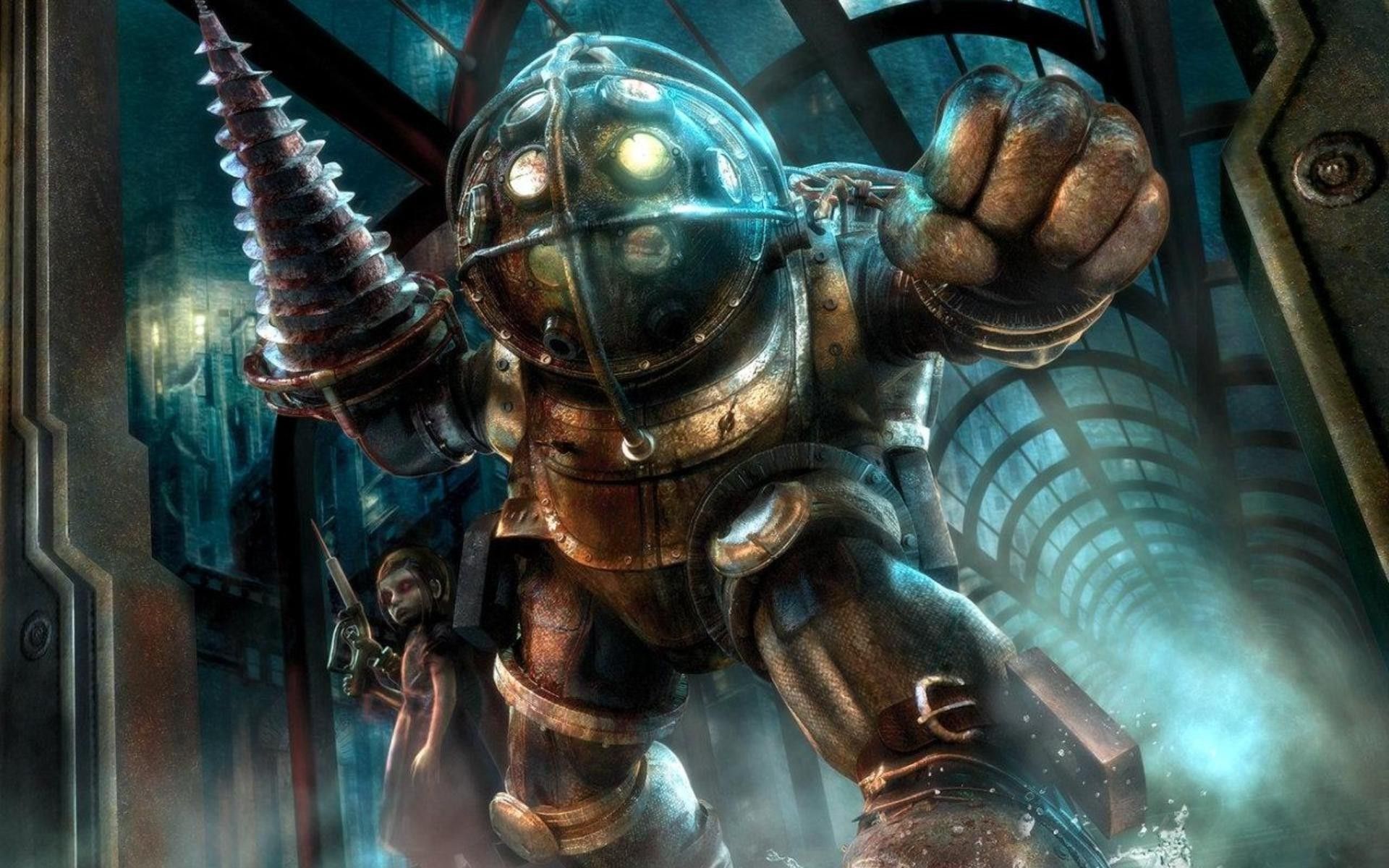





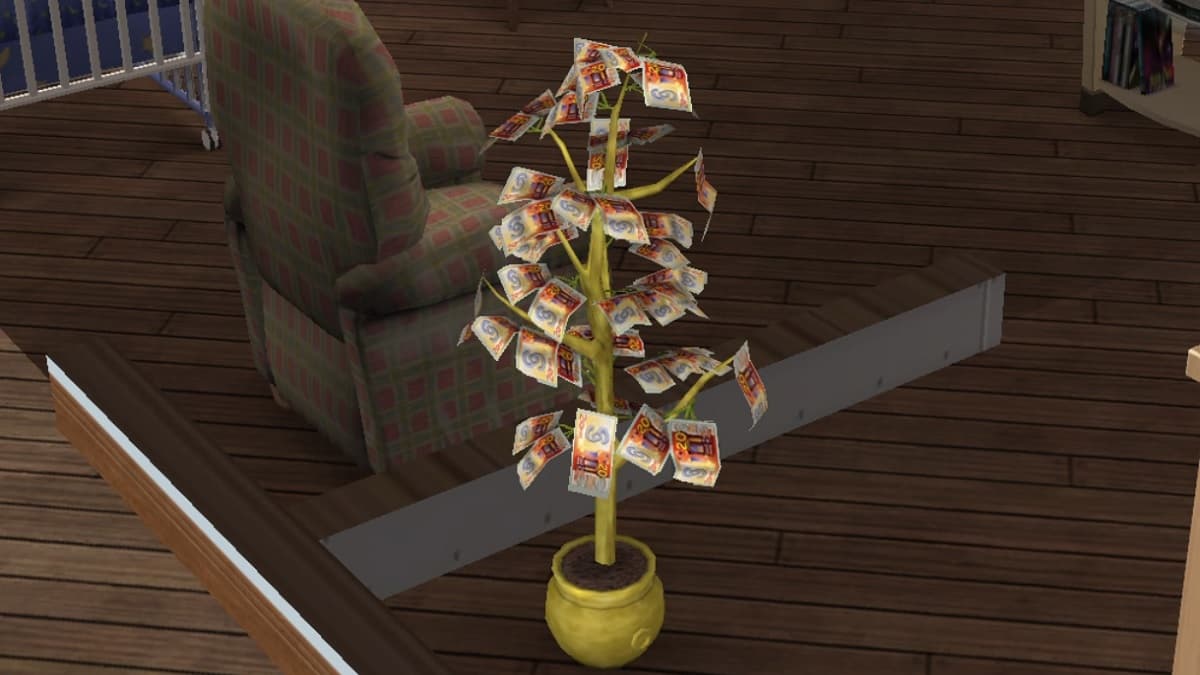

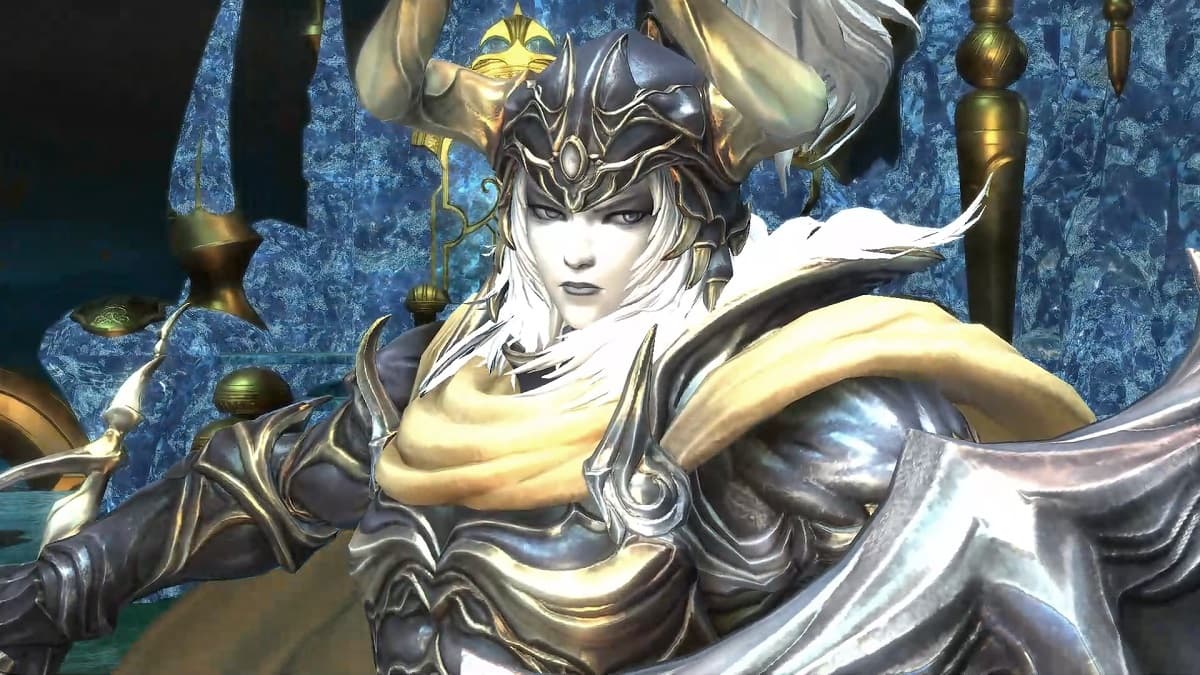
Published: Aug 12, 2016 12:41 pm